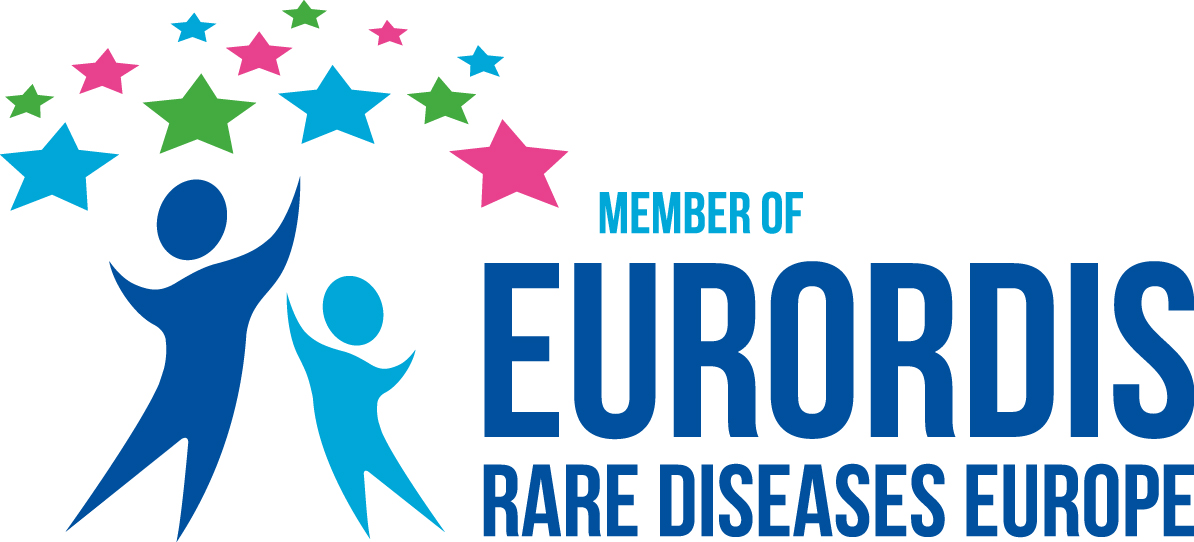
Contact Your Policy Makers
Telling Your Story On A Federal Level
Face to Face Meetings
If you can speak directly with your Congressman or Senator, sharing your personal story puts an authentic face on our community’s critical issues, but keep in mind your time will be minimal. Keep your exchange short and concise. If you are allotted five minutes to speak, practice your conversation, so you are not caught searching for the right words. Ask that policy or legislative concerns be allowed a follow-up conversation with their General or Deputy Counsel. Reaching out jointly to staff members and your congressional representatives will have a much more significant impact.
Whether writing, emailing, calling, or meeting in-person with Congressional staff members, it’s essential to talk about your personal experience with Superficial Siderosis. Telling your story should include how SS has affected your everyday life, including the changes it has forced on you and your family. It helps legislative staff understand how their members’ actions and votes impact the rare disease community. Correspondence sent to Congressional staff members should include a detailed description with precisely what you would like your representative to support, also known as your ask.
Staff members are the true gateway to effecting change; they control daily meetings, give recommendations on policy, research proposed legislation, and seek fellow congressional member staffers to support exciting proposals.
The One Pager
No matter if you are meeting with a legislator or staff person in your local district office or on Capitol Hill, we recommend creating a one pager to use as a tool during your time and to leave behind with both the legislator and staffer at the end of the meeting. (make several copies!) A one pager is a brief fact sheet and should be one single page. When creating a one pager, present your information clearly and use bullet points.
A one pager should include:
- A brief statement on the SSRA (if applicable) and what the SSRA does.
- A brief summary of the problem that you are seeking help on. Use data and reference studies (when applicable) to support your position on the issue.
- A concise explanation of the solution to the problem, such as legislation, and what it will mean for you and the Superficial Siderosis community.
- What your legislator can do to help, also known as the “Ask.” Examples: Cosponsor H.R. 1, vote against H.R. 2, sign onto a letter in support of X, etc.
- Include a list of supporters, like fellow rare disease organizations, that support your position or proposed legislation, any cosponsors of pending legislation, or other legislators who have signed letters of support.
- Include your contact information so that the legislator and staff person can contact you if they have any questions.
Emailing
Emailing your legislators is an effective way to make your priorities known. Elected officials want to hear their constituents’ stories to take their needs into account as they make policy decisions. Your experience with Superficial Siderosis is first-hand; you should encourage your lawmaker to look to you as a resource for information on policies impacting people with rare disorders and their families. Just be aware your email needs to get past the gatekeeper. A junior staff member will screen all emails before forwarding those deemed significant enough for review by your member of congress.
Counsel (deputy, assistant, or general) are normally an attorney. These staffers draft all legislation, evaluate information, work out compromise language and perform the nitty-gritty technical work in legislative markups.
They frequently specialize in specific legislative areas within a committee jurisdiction.
Sample Email
Dear [member name],
I am writing today to ask you to support policies that benefit people living with Superficial Siderosis (SS) and their families. SS is an ultra-rare disorder affecting 1 in three million Americans. Existing treatments are severely limited in their ability to our patient needs. Currently, there is no cure.
[Insert one or two short paragraphs discussing your connection to SS and telling your personal story.]
[List positions from our talking points you’d like them to take on for policy change or support]
As your constituent and someone with first-hand knowledge of SS, I can provide valuable insights on living with this disorder. I would be happy to speak with you further about how Superficial Siderosis impacts patients, caregivers, and families. Feel free to reach out to me at any time.
I look forward to staying in touch with you on these topics.
Sincerely,
[Your name]
[Contact information]
Telephone
Calling your lawmakers’ office is useful if a policy or bill under discussion affects your situation. Lawmakers record how many calls come in concerning a policy or piece of legislation, so you must leave a message; when phones ring off the hook because constituents want to express their views on a piece of legislation, the staff notices.
When contacting your members’ office by phone, write out your message ahead of time. If your call is answered, give your name, state you are a constituent, a member of the Superficial Siderosis rare disorder community, and wish to speak with the staffer who handles health issues. If this staffer is not available, leave your message for them and request a written response via email.


